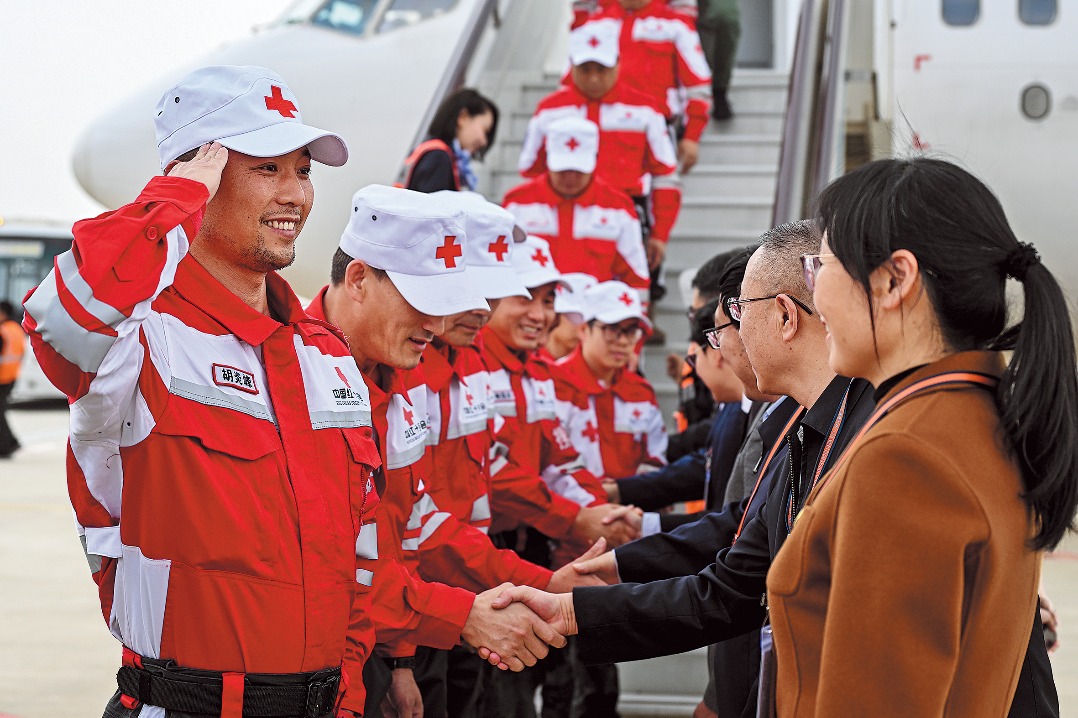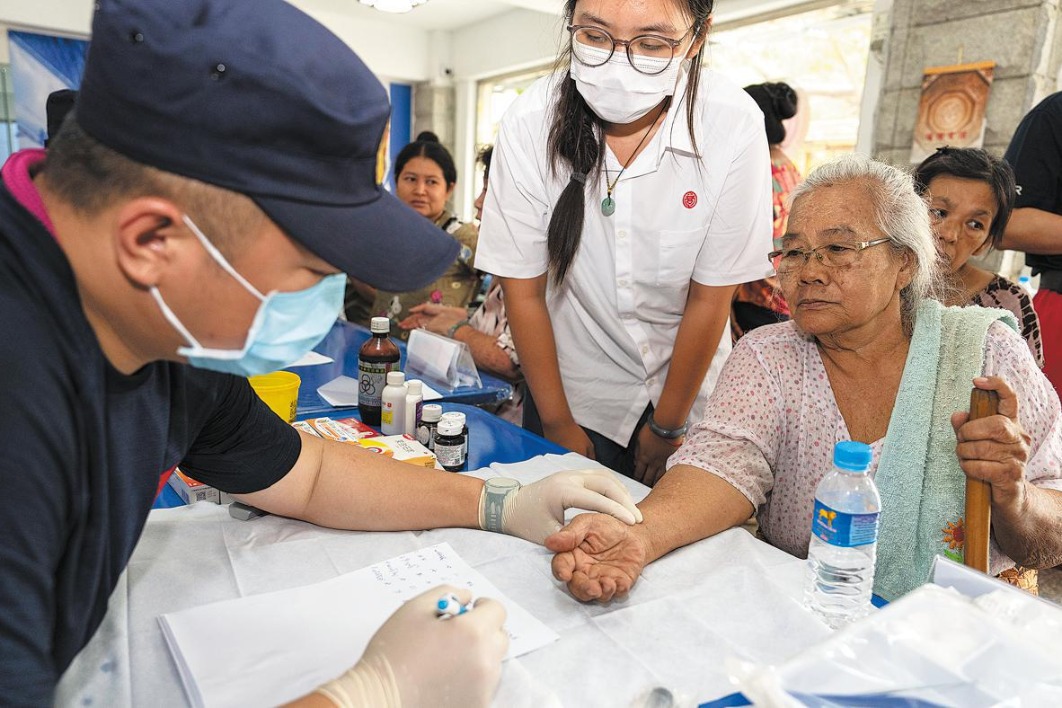NPC deputy proposes more support for grassroots museums
By WANG RU in Beijing and LI YINGQING in Kunming | China Daily | Updated: 2024-03-21 06:30

Grassroots museums should be given more support to improve their scientific research functionality and cultivation of staff, according to Guo Jin, a deputy to the National People's Congress of the second session of the 14th NPC.
Guo, who is also deputy director of the Chengjiang Fossil Site Natural History Museum in Yuxi, Yunnan province, has been engaged in paleontology, especially the fossils found at Chengjiang, for nearly two decades. The site presents a complete record of an early Cambrian marine community. He participated in the application of the Chengjiang Fossil Site to become a UNESCO World Heritage Site in 2012, and the whole process of establishing the museum there.
He notes that the museum has upgraded from a place solely collecting and displaying artifacts to somewhere people can receive education. Such a transition, he says, requires an improvement in the museum's research and science popularization functionality.
As a result, last year he proposed the improvement of science popularization functionality in grassroots museums and, at this year's two sessions, proposed enhancements to their research functionality.
"Research is the source of a museum's dynamism. Without updated knowledge, a museum cannot design good exhibitions to attract visitors," says Guo.
He adds that demand for museums has changed over the years. "In the past, many people only visited museums to have fun, but now, they attend in order to learn something new. That requires better research to generate new knowledge for them to learn," says Guo.
To be successful in such an endeavor, it is also important to cultivate talented people, he says.
"It's very difficult for a grassroots museum to attract talent," says Guo. "The aggregation of talent is just like an inverted triangle. The higher-level museums can easily attract the best people since they offer more funding and other resources for scientific research, but at the grassroots level, it is much less appealing.
"As a result, I believe grassroots museums should look to cultivate the people they already have, and provide better conditions for their growth," he says.
























